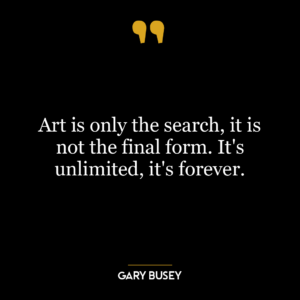This quote suggests that the very concept and word “God” can be the last obstacle in truly understanding and experiencing divinity. It implies that human language and conceptual understanding can be limiting, as they box in and define something that is inherently undefinable and limitless.
In many spiritual traditions, God is often seen as beyond human comprehension and language. Yet, we use the term “God” and related concepts to make sense of this divine mystery. This can create a paradox where the tools we use to understand God – words and concepts – can also limit our understanding and experience of God. They can create a mental image or construct of God that may not fully capture the divine reality.
In essence, the quote is encouraging us to transcend our mental constructs and directly experience the divine reality, rather than being stuck in our thoughts and ideas about it. It’s about moving from intellectual understanding to direct experience or realization.
In today’s world, this idea can be applied in many ways. For instance, in personal development, we often have concepts and beliefs about ourselves – “I’m not good enough”, “I’m a failure”, “I’m unlovable”, etc. These beliefs can limit us and hold us back from realizing our true potential. But if we can let go of these limiting beliefs and directly experience our inherent worth and potential, we can transcend these barriers and achieve greater personal growth.
Similarly, in the context of social issues, we often have preconceived notions and stereotypes about different groups of people. These concepts can create barriers to understanding and empathy. But if we can see beyond these concepts and directly experience our shared humanity, we can foster greater connection and understanding.
Overall, this quote is a reminder of the limitations of language and conceptual thinking, and the power of direct experience and realization in understanding the divine, ourselves, and others.








